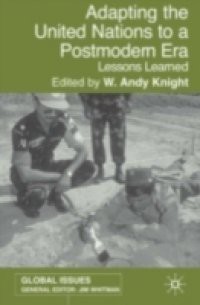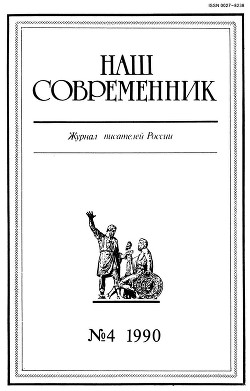We are living at a conjuncture of change and transition. Institutions of modernity, such as the United Nations system, are experiencing difficulties coping with symptoms of postmodernity. What is clear is that the challenges facing the world body are both epiphenomenal and structural. Unless this organization adapts to meet them, there is little hope of it becoming a relevant governance body in this millennium. Already we are witnessing signs that the United Nations is being bypassed as a meaningful contributor to global, regional and local problem-solving (witness Kosovo and more recently the war in Iraq) and is not adequately equipped to deal with the expanded global security problems. While the contributions here are committed to multilateral solutions, they stand outside traditional views on the United Nations in order to grapple with the lessons learned from the organizations experiences, failures and modest successes.

















